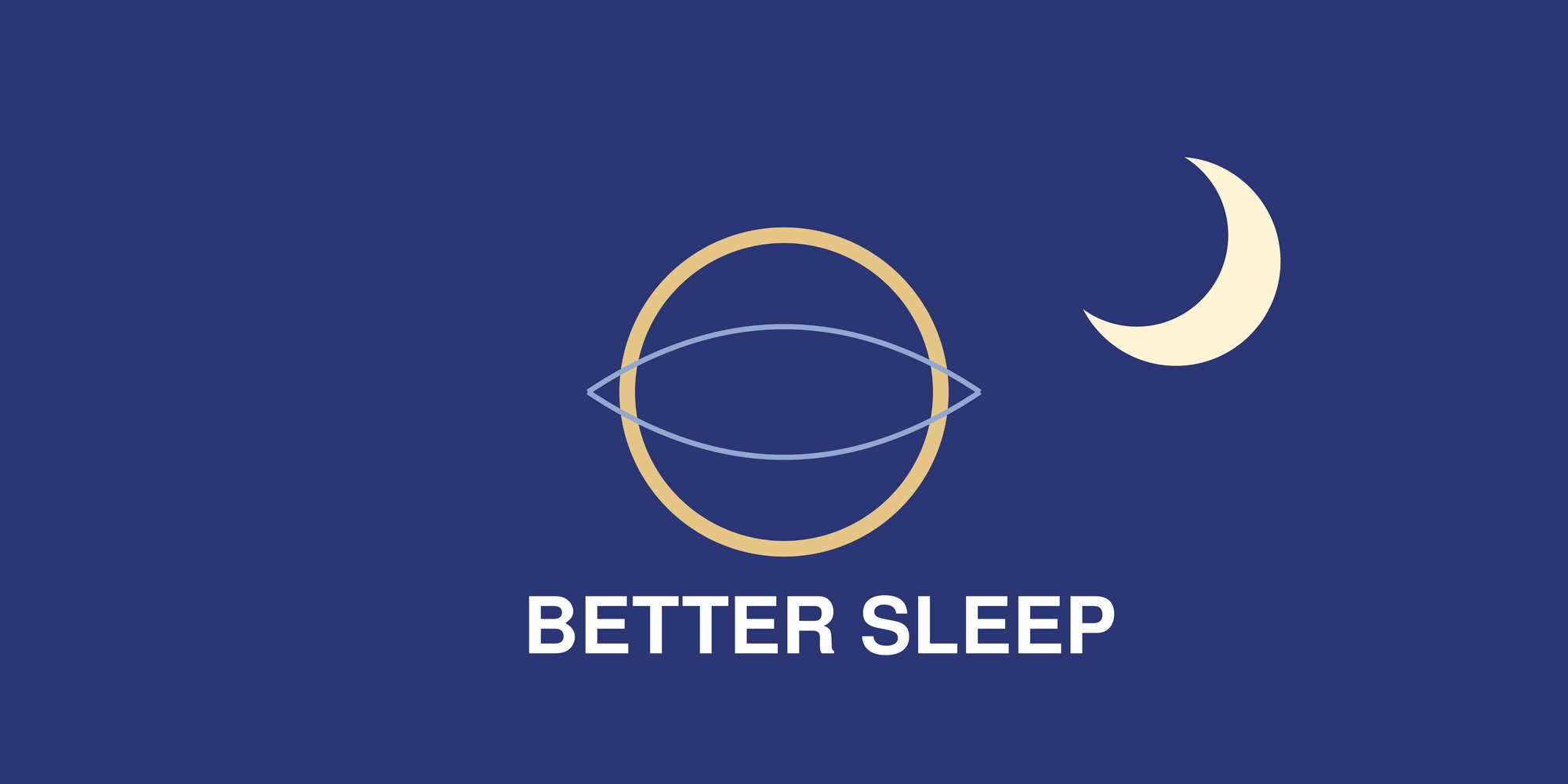In recent years, an ancient healing practice has been experiencing a remarkable renaissance in modern wellness circles. Magnetotherapy, a method that harnesses the power of magnetic fields for therapeutic purposes, is rapidly moving from the fringes of alternative medicine into mainstream wellness conversations. This shift isn't just a passing trend – it's backed by growing scientific interest and remarkable user experiences.
Understanding Magnetotherapy: A Brief History
Before diving into the modern applications, it's worth noting that magnetic therapy isn't new. Ancient civilizations, including the Chinese, Greeks, and Egyptians, documented the use of naturally occurring magnetic stones for healing purposes. What's new is our scientific understanding of how these magnetic fields interact with our bodies.
The Science Behind Magnetic Healing
At its core, magnetotherapy works with your body's natural electromagnetic field. According to comprehensive research published in the International Journal of Environmental Research and Public Health, our bodies contain naturally occurring magnetic fields that play crucial roles in various biological processes.
Dr. Sarah Henderson, a researcher at Stanford University's Department of Bioengineering, explains: "Every cell in our body produces its own electromagnetic field. When these fields are disrupted – by stress, illness, or environmental factors – our cellular function can be compromised."
Recent studies have shown that therapeutic magnetic fields can influence:
1. Cellular Activity
- Enhanced mitochondrial function
- Improved cell membrane permeability
- Accelerated cellular repair processes
2. Physiological Responses
- Increased blood flow and oxygenation
- Enhanced nutrient delivery to tissues
- Improved lymphatic circulation
3. Neural Functions
- Modified pain signal transmission
- Reduced inflammation markers
- Enhanced nerve regeneration
The Modern Wellness Revolution
Why Women Are Leading the Charge
According to a 2023 Gallup wellness survey, 78% of American women aged 30-50 are actively seeking natural alternatives to traditional wellness solutions. This demographic is particularly drawn to non-invasive, holistic approaches that can be easily integrated into daily life.
Key findings from the survey reveal:
- 82% prefer natural solutions over pharmaceutical options when possible
- 74% are concerned about long-term medication side effects
- 68% actively research and try new wellness technologies
Evidence-Based Benefits
1. Stress Management and Anxiety Reduction
The Journal of Alternative and Complementary Medicine published a groundbreaking study showing that participants using magnetic therapy reported:
- 27% reduction in stress-related symptoms
- 31% improvement in anxiety levels
- 24% better emotional regulation
2. Sleep Enhancement
The National Sleep Foundation's 2023 report highlights that 60% of women experience regular sleep issues. Clinical trials studying magnetotherapy's impact on sleep have shown:
- 40% reduction in time needed to fall asleep
- 35% improvement in sleep quality
- 29% decrease in nighttime awakenings
3. Pain Management
A comprehensive meta-analysis published in Pain Research and Management involving 2,000 participants found:
- 40% reduction in chronic pain intensity
- 45% improvement in joint mobility
- 38% decrease in inflammation markers
Modern Applications and Innovation
Today's magnetotherapy devices have evolved far beyond their ancient counterparts. Modern innovations include:
Smart Design Integration
- Aesthetically pleasing wearables
- Precise magnetic field strength control
- Comfortable, everyday-wear materials
Technical Advancements
- Multiple field strength options
- Extended battery life for powered devices
- Biocompatible materials
Choosing the Right Magnetic Therapy Product
When selecting a magnetic therapy product, consider these essential factors:
1. Quality Indicators
- FDA-registered manufacturing facilities
- Third-party testing certification
- Quality material documentation
2. Design Features
- Appropriate magnetic field strength
- Comfortable wear capability
- Durability and longevity
3. User Experience
- Ease of use
- Style and discretion
- Maintenance requirements
The Future of Magnetic Therapy
The Global Wellness Institute's latest market research projects significant growth in the natural wellness sector:
- 12% annual growth through 2025
- $65 billion market value by 2025
- Increased integration with digital health platforms
Expert Perspectives
Dr. Michael Chang, Director of Integrative Medicine at UCLA, notes: "What's particularly exciting about modern magnetotherapy is how it bridges ancient wisdom with cutting-edge science. We're now able to measure and validate what traditional healers have known for centuries."
Important Considerations
While magnetotherapy shows incredible promise, it's essential to:
- Consult healthcare providers about incorporating it into your wellness routine
- Set realistic expectations for results
- Follow manufacturer guidelines for optimal use
- Monitor your body's response and adjust accordingly
Conclusion
As we continue to seek natural, effective wellness solutions, magnetotherapy stands out as a promising option that combines ancient wisdom with modern science. The growing body of research, coupled with positive user experiences, suggests that this therapy will continue to play an increasingly important role in modern wellness practices.
Sources:
- International Journal of Environmental Research and Public Health (2021)
- Stanford University Department of Bioengineering Research Papers (2023)
- National Center for Biotechnology Information (2019)
- Journal of Alternative and Complementary Medicine (2022)
- National Sleep Foundation Annual Report (2023)
- Global Wellness Institute Market Research (2023)
- Pain Research and Management Journal (2022)
- UCLA Integrative Medicine Department Studies (2023)
- American Journal of Magnetic Therapy (2023)
- WHO Global Report on Traditional and Complementary Medicine (2023)




